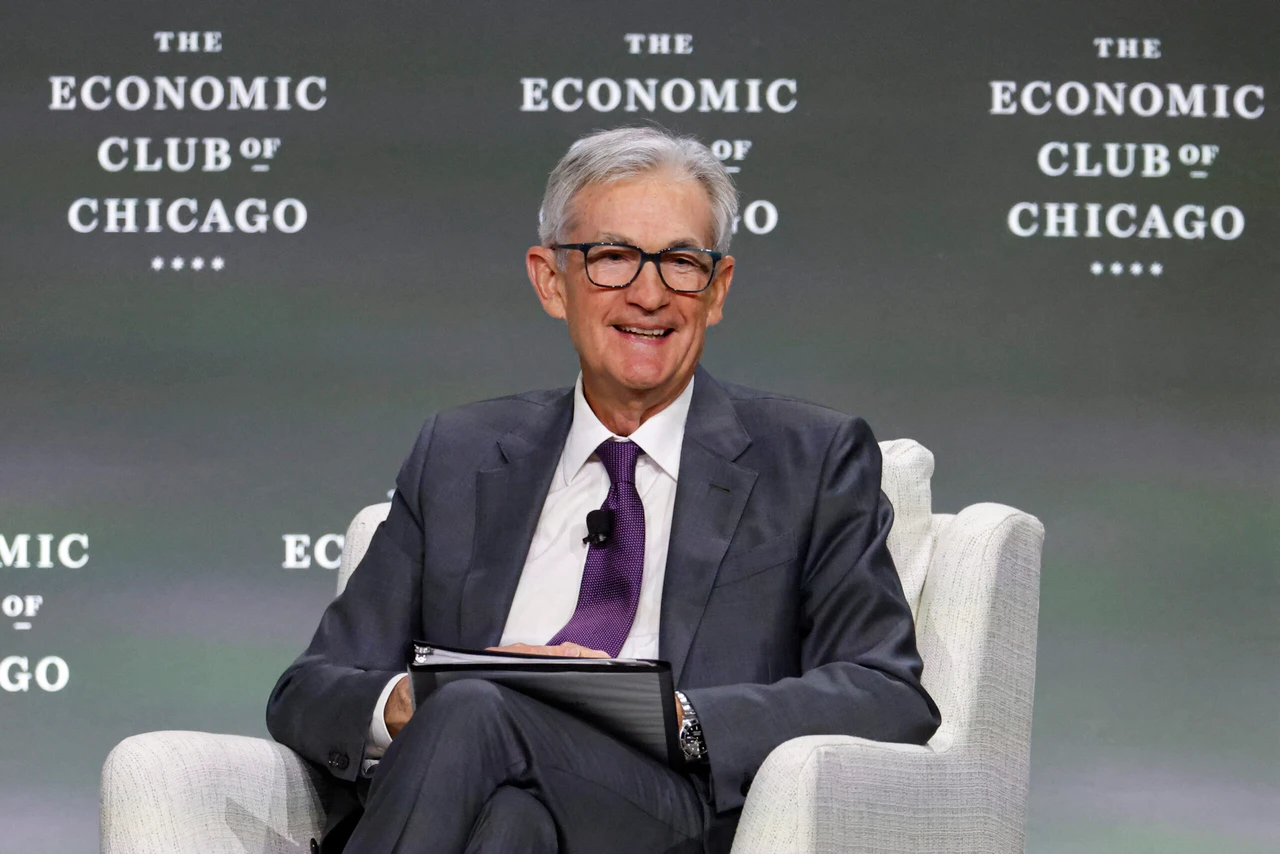Secret Service Director admits security failure in Trump assassination attempt
 US Secret Service Director Kimberly Cheatle testifies during a House Oversight Committee hearing examining potential security failures surrounding the attempted assassination on former US President Donald Trump, on Capitol Hill in Washington, DC, July 22, 2024. (AFP Photo)
US Secret Service Director Kimberly Cheatle testifies during a House Oversight Committee hearing examining potential security failures surrounding the attempted assassination on former US President Donald Trump, on Capitol Hill in Washington, DC, July 22, 2024. (AFP Photo)
U.S. Secret Service Director Kimberly Cheatle admitted Monday that the agency failed to prevent an assassination attempt on former President Donald Trump. “The Secret Service’s solemn mission is to protect our nation’s leaders,” Cheatle said during her testimony before the House Committee on Oversight and Accountability. “On July 13, we failed.”
The incident occurred at a campaign rally in Butler, Pennsylvania, where Trump, who is running for the White House, was slightly wounded in his right ear by gunfire. The attack, carried out by 20-year-old Thomas Matthew Crooks, marks “the most significant operational failure of the Secret Service in decades,” according to Cheatle. Despite the security lapse, she has rejected bipartisan calls for her resignation, taking full responsibility for the incident and committing to preventing such failures in the future.
Crooks, armed with an AR-style assault rifle, fired eight shots from the roof of a nearby building, wounding two rally attendees and killing a firefighter, Corey Comperatore, 50, of Freeport, Pennsylvania. A Secret Service sniper killed Crooks 26 seconds after the attack began. Investigators concluded that Crooks acted alone and had no clear ideological or political motivations.
During the hearing, Republican committee chairman James Comer emphasized that the attack was preventable and urged Cheatle to resign. “The Secret Service has a zero-fail mission, but it failed on July 13,” Comer said, criticizing the agency’s performance and labeling it “the face of incompetence.”
Representative Michael Turner echoed this sentiment, calling for Cheatle’s resignation or for President Joe Biden to fire her to ensure the safety of protected individuals. Despite these demands, Cheatle stood firm, asserting her belief that she is the best person to lead the Secret Service through this crisis.
Cheatle, a 27-year veteran of the Secret Service who left in 2021 to head security for PepsiCo in North America, declined to answer specific questions about the attack, citing ongoing investigations. This reluctance drew frustration from both Republican and Democratic lawmakers.
A memo from Trump’s former physician, now Texas Representative Ronny Jackson, provided the first detailed account of Trump’s injury. Jackson described a two-centimeter gunshot wound to Trump’s right ear, noting that the bullet narrowly missed entering his head.
The House Committee on Oversight and Accountability continues to investigate the incident, seeking to understand the security lapses and prevent future occurrences.



